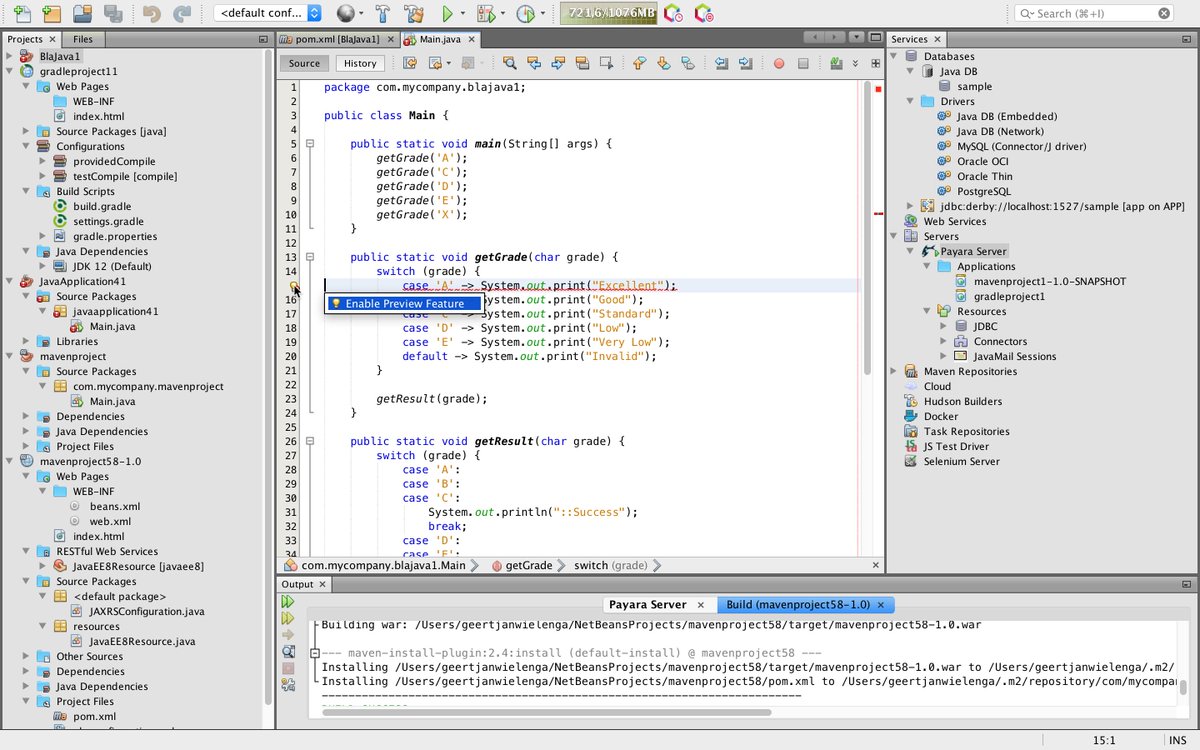

Which is part of why designers switched from the light-on-dark interfaces in the early age of computing (think MS-DOS, or UNIX terminals) to the dark-on-light interfaces most of us know today. I found plenty of studies like this, which suggest that dark mode would, if anything, make you less productive. Part of this has to do with light levels: with a bright display (white background) the iris closes a bit more, decreasing the effect of the "deformed" lens with a dark display (black background) the iris opens to receive more light and the deformation of the lens creates a much fuzzier focus at the eye. People with astigmatism (approximately 50% of the population) find it harder to read white text on black than black text on white. Jason Harrison, then a postgraduate researcher at the Sensory Perception & Interaction Research Group at the University of British Columbia in Canada, wrote about this: They detected more errors and/or read faster when dark text was presented on a light background than under reversed conditions.ĭark mode is also objectively worse for people with astigmatism, an eye condition which is surprisingly common. In six different studies she found that subjects have a higher reading comprehension while reading black text on white backgrounds. A Wired article mentions research by Susanne Mayr, a researcher at the University of Passau in Germany. Research shows that this has consequences. Those objects are by definition darker than the background because they’re illuminated by the sun, or indoors, by whatever lights may be on. What we care about are the objects in front of the background, whether food, tools, predators, or whatever. Humans evolved outside, and we are generally active during the daytime and asleep when it’s dark. To summarize: there are very few contexts, in the natural world, where bright things show up against a dark backdrop, and this shaped how our eyes evolved. It may be hip and trendy, but put bluntly, Dark Mode likely makes those who turn it on slower and less productive The human eyes and brain prefer dark-on-light, and reversing that forces them to work harder to read text, parse controls, and comprehend what you’re seeing. The backlash against dark mode arguably started with Adam Engst's extremely detailed article for TidBITS, which argues that light text on a dark background is objectively worse than the traditional black on white.Įxcept in extraordinary situations, Dark Mode is not easy on the eyes, in any way. Dark mode might lower reading comprehension


But do the benefits of dark mode live up to the hype? Let's dig into some research. It looks really cool, and tech companies are arguing that dark mode will improve the time you spend at a screen.Īpple says that dark mode "makes it easier to stay focused on your work." Microsoft says dark mode can "reduce eye strain and improve battery life." Google says it "improves visibility for users with low vision and those who are sensitive to bright light." The marketing message got through: people want this.ĭevelopers are rushing to offer dark versions of their apps, and people get excited when an app like Slack offers a dark mode. All the major operating systems-Android, iPhone, Windows, and macOS-now offer dark themes, which default to light text on a black background.


 0 kommentar(er)
0 kommentar(er)
